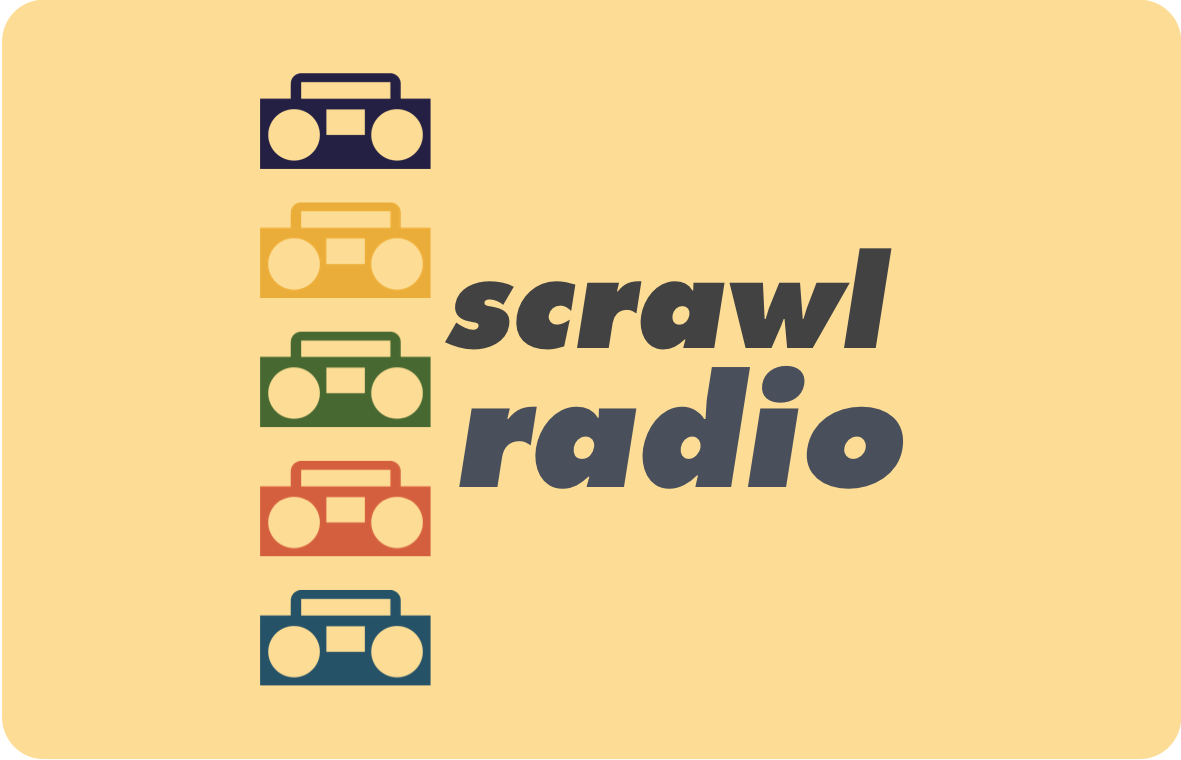Hello Scrawl Nation! For this week’s episode, Scrawl welcomed new UCWbLer Jenn Rodriquez into the studio to talk about science and writing. Many science majors assume that tutors at the Writing Center will not have the expertise to help them with their writing assignments, but we are here to prove that the UCWbL’s Peer Writing Tutors can help by providing feedback from an outside perspective.
Due to technical difficulties, we do not have any audio to share with you but Jenn generously provided a list of tips for writing a lab report.

Can You Do It In A Lab Report? with Jenn Rodriquez
Can you use any citation style? Different fields use different styles. For example, the American Chemical Society uses their own citation style. In general, if no specific citation style is given use CSE (Council of Scientific Editors).
Can you use active language? No! A lab report should always use the passive voice.
Can you wear shorts? In a lab report, the person running the experiment technically does not exist. A lab report is designed so that it can be performed by anybody.
Can you use fancy language and/or imagery? No! Put away your thesaurus! A lab report should only use lingo that is appropriate to the field. Don’t replace verbs with elaborate metaphors. Lab reports must be very literal in order to help others follow the steps. Keep it simple and use precise language. Avoid using words that can mean one thing in every day English, such as relationship or correlation, but have a specific meaning in the sciences.
Can you write in present tense? Depends! In general the experimental procedure has already happened when you write up your lab report, so it should be written in past tense. However, the purpose of the report, the materials used, or the theory at work should all be referred to in the present tense.
Can you recap the finale of Breaking Bad? Not unless it relates to your experiment.
Useful Resources:
http://chemistry.che.depaul.edu/LabReport/
This is a basic walk through of a lab report from the DePaul Chemistry department. It gives a basic summary of each section and a few tips on how to format each part of the lab report.
http://physics.unc.edu/undergraduate-program/labs/sample-report/
This is another walk through from the department of Physics and Astronomy at UNC. Apart from summarizing each section, it also gives a sample lab report and a few tips on the different ways to analyze data.
Check us out on Facebook, Twitter, and Digication!
Discover more from UCWbLing
Subscribe to get the latest posts sent to your email.

